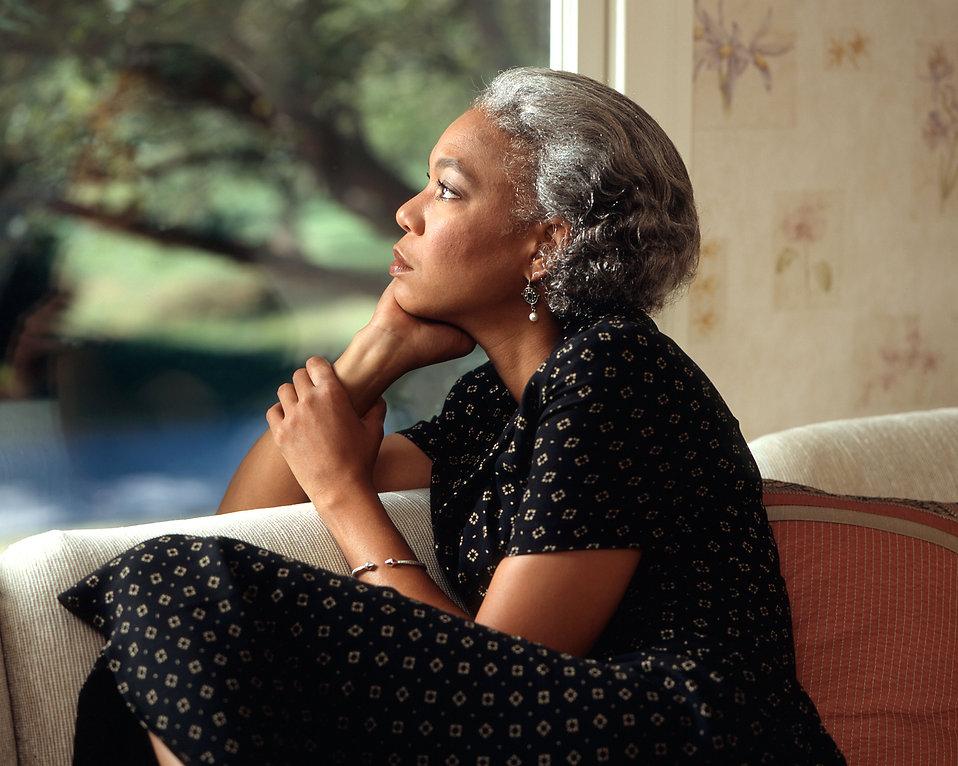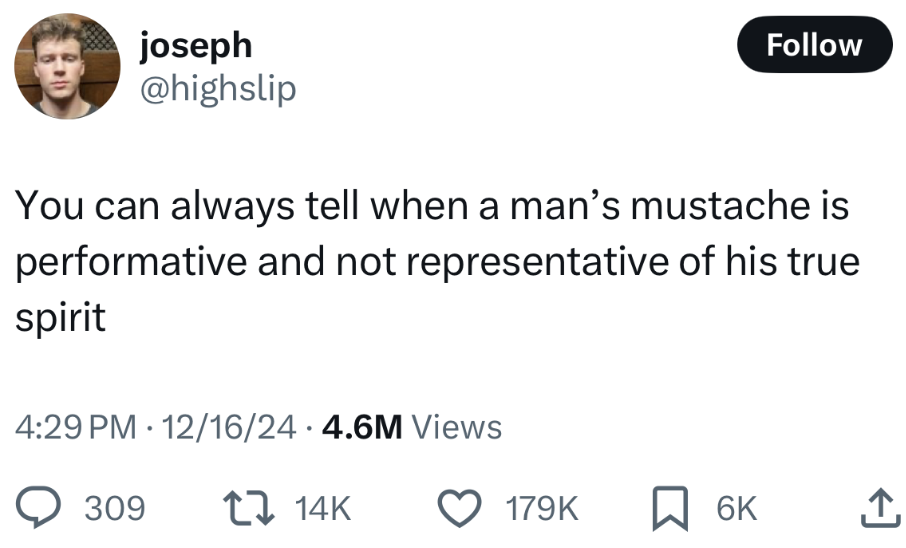In 1926, historian Carter G. Woodson — the second African-American to earn a doctorate in the US — challenged American history and its deliberate blank pages when it came to black history. He wrote, “If a race has no history, it has no worthwhile tradition, it becomes a negligible factor in the thought of the world, and it stands in danger of being exterminated.” That year and in consideration, he announced the celebration of “Negro History Week,” which is considered the precursor of Black History Month.
In 2016, Black History Month (BHM) faces a great deal of controversy. One can argue that it is outright condescending and even ghettoizing to limit black history to one calendar month. As Morgan Freeman remarked in a 2005 interview with Mike Wallace of CBS’s 60 minutes, “You’re going to relegate my history to a month? …Which month is White History Month? …I don’t want a Black History Month. Black history is American history.”
And, so it begs the question: is BHM relevant and needed? In many ways, it is a celebration of black resilience and of the pivotal role of Black Americans in revolutionizing the fabric of American history. It is also a strong statement against the erasure of black history from the annals of American history. It is indeed a memorialization of the great accomplishments of an ignored, oppressed community in America. Moreover, academics and activists are recovering and reconstituting forgotten historical dialogues to this day. For example, late last year, Robert Vitalis demonstrated the critical role of race in the formation of international relations in his book, “White World Order, Black Power Politics.” As Professor of Political Science, Craig Murphy put it, the socially marginalized and politically left have always been left out. Black voices and ideas have consistently been written out or misattributed. BHM is a reminder of that. It is also a chance to honor the complexity of black communities and challenge the idea of the monolithic black experience.
While minority students at Wellesley face more discrimination than our sisterhood, our siblinghood, would imply, the racial environment at Wellesley has improved and remains privileged compared to our greater communities. The Journal of Blacks in Higher Education (JBHE) has listed Wellesley as a high- ranking college with the smallest gap between white and black graduation rates. For the past three six-year graduation cycles, according to Wellesley’s Office of Institutional Research, black students have graduated at a higher rate than white students. Compared to many other universities, Wellesley offers a significant variety of cultural organizations and support networks for black students, such as Harambee House, Ethos, the Wellesley African Students Association, Women for Caribbean Development and the Black Women’s Ministry. Moreover, in reaffirming its commitment to this diversity, Wellesley will renovated the Harambee House, which has served as a center for Wellesley siblings of African descent since 1970. Each year, several on campus groups host events around BHM; this year’s theme is “Hallowed Grounds: Sites of African Diasporic Memories.”
However, despite this progress, our work is not done. When it comes to academia and Africana studies, Wellesley must intentionally and proactively reaffirm its commitment to the study of black history and Africana studies. Given that Wellesley’s black communities come from all corners of the African Diaspora and rungs of the American class system, there remains a need to address the negative (and celebrate the positive) realities facing black communities worldwide. Not all black experiences are the same — nor can they all be condensed into a single month’s endeavour. Likewise, we should and must work for the same significance due to all minorities.
The fact that institutions use BHM to showcase black-focused events, films, panels and gatherings, which may not be otherwise existent, can create resentment. However, at Wellesley, we can reshape that narrative. BHM can be an opportunity to challenge ourselves to engage and educate black history in its entirety: history of and beyond slavery. We can honor ourselves, our siblings and our history. Come March 1, our engagement shouldn’t end. Rather, BHM should always be a reminder and a reinvigoration to learn about black history, but also a charge to learn about the multitudes of history that is inexcusably excluded from the normative. February is a reunification and a spring for collaboration to address the complexity of the black community andtochallengethemonolithicdefinition of it.
Each year, Black History Month must be a recommitment to our black community and its complexity. Until black history is discussed and engaged every calendar day, these historically-toned February’s remain significant and necessary to our America and our Wellesley College campus.






